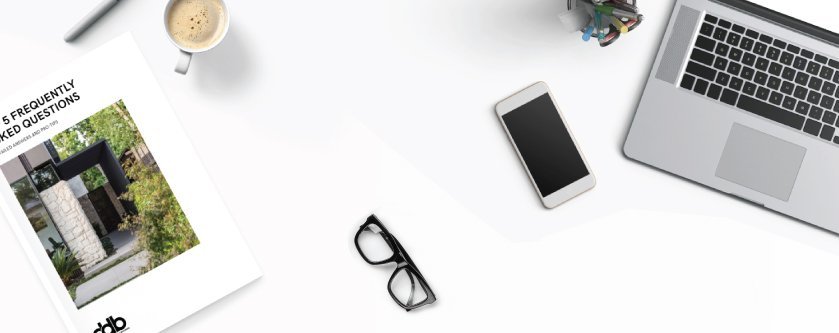
EMAIL #80 - 19TH, JULY, 2020 - SELF-AWARENESS & GROUNDHOG DAY
Hi Team,
Last week the longest serving member of the DDB Team, Joel and his partner Elle had a baby boy, Lincoln Manning, born at 6.00pm Tuesday 14th July. Huge congratulations to Joel & Elle on the arrival of Lincoln and I'm thrilled to welcome him to the DDB Family.
Two weeks ago in email #78, I discussed the role that your self-awareness plays in helping you to stay focussed. It helps you to be aware of all the distractions around you and helps you to control these distractions. However, the digitally connected world we live in means that our senses are constantly bombarded by streams of information that are impossible to ignore or avoid. So, we are all in a constant state of distraction and a lot of our thoughts and actions are done on autopilot. (How often have you got out of bed, had a shower, had breakfast and driven to work and then thought, " Wow, how did I actually get here, I can't remember anything that just happened this morning" ?)
If you are like me, this happens quite often. This is because your mind has been on autopilot whilst you go about your daily routine. Your thoughts and actions have been done out of habit and you have been continuously distracted by digital devices (checking email, Facebook, Instagram, etc, etc, as well as listening to podcasts or being on chat lines....) This state of distractedness can continue on throughout the day and you can end up living like the 1993 Bill Murray movie "Groundhog Day" , where your daily events appear to be continually repeated.
The only real way of avoiding "Groundhog Day" is by being mindful and self-aware of your habits, so you can live in the moment and be in control of your thoughts. But this is easier said than done. The British author (who has one of the best names ever!) Edward George Bulwer-Lytton famously said, "The easiest person to deceive is one's own self."
The key is to be aware of our own distractions. Distractions can easily develop into bad habits and personal weaknesses. This becomes the foundation of your self-awareness. In other words, being self-aware is knowing your own weaknesses. (Once you are fully aware of your weaknesses, they stop being weaknesses.)
"This is your life, not a rehearsal.' Somewhere there's a score being kept, so you have an obligation to live life as well as you can, be as engaged as you can. The human condition means that we can zone out and forget what the hell we're doing. So, the secret is to have a sense of yourself, your real self, your unique self."
Bill Murray
Improving your self-awareness can be fairly simple and rewarding, here are three things to try.
- Write things down. (Try keeping a journal or diary to record your experiences, how you are feeling, your challenges and what you are grateful for.)
- Practice mindfulness. (Take time out daily to observe what's going on in your mind. Try not to be judgemental, just acknowledge all the various thoughts and take note of how they make you feel.) Meditation is a great way to practice mindfulness, but this is a separate meaty topic that I may explore in future emails.
- Confide in someone you trust. (Talking about your strengths and weaknesses with someone your trust can be very helpful and reassuring. But this also involves being open and honest about your feelings and you must be prepared to accept some criticism, i.e. being vulnerable.)
The ultimate goal of self-awareness is self-acceptance. Understanding and accepting your flaws and weaknesses and how they affect your behaviour.
Thanks for reading,
Stay safe and aware.
David
